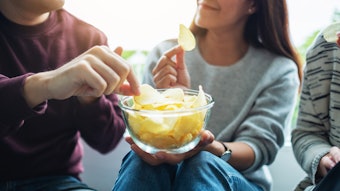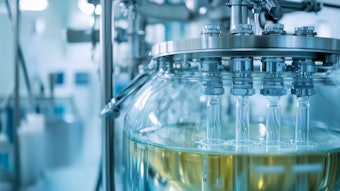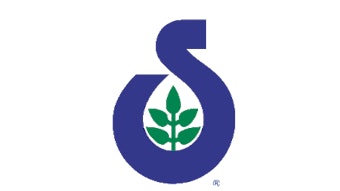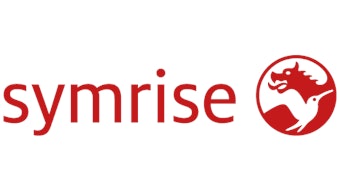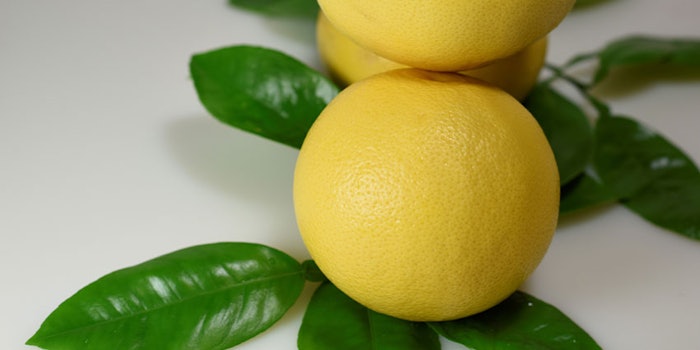
Symrise has entered into a partnership with a supplier in the KwaZulu-Natal province in South Africa and has installed technological equipment into the production line, enabling upcycling of side streams that would otherwise go to waste.
Previously: Symrise Issues €500 Million Bond.
The company also intends to invest in long-term partnerships with local farmers, ensuring to achieve best agricultural practices and good yields, delivering high quality products while supporting local families. It attaches particular importance to its suppliers incorporating sustainability factors.
Previously: Symrise Supports Climate-Friendly Post-COVID Economic Development.
White grapefruit provides a valuable raw material to Symrise to produce taste solutions for sweets and drinks. To guarantee stable supply, the company sources them from KwaZulu-Natal in South Africa and plans to engage in the local communities.
South Africa cultivates many different citrus fruits such as oranges, mandarins, lemons and grapefruits. Its province KwaZulu-Natal is becoming increasingly important for the stable supply of white grapefruits and their unique taste.
Symrise has recognized this growth potential and wants to engage in the region, first in the targeted development of agricultural know-how, second in exciting qualified young talents about agricultural professions, in a journey to support South Africa’s efforts in building economic stability.
Klaus Böcker GmbH engages as partner and investor in the factory Nkwaleni Processors in the KwaZulu-Natal province on the east coast of the country. The cooperative unites nine large-scale and 96 small-scale farmers—the latter belong to the Zulu ethnic group.
The factory can process up to 50,000 tons of citrus fruit per year and is specialized in processing grapefruit.
The approach will also aim at supporting young Zulus who are looking for a vision for their future. Their communities received land during the country’s democratization process. Now, the knowledge and resources to use it agriculturally will be helpful. For this reason, Symrise is co-developing plans with farmer partners to train the next generation in good agricultural practices and business skills with the hope of benefitting farmers and harvesters alike.
Besides local training, Symrise invests in factory equipment, which includes its patented SymTrap technology. SymTrap accesses valuable side stream from juice concentration process and helps to avoid waste by turning these aroma materials into taste solutions.
Symrise commits to sustainability in other areas as well. Most of the company’s South African partners are certified according to the Global GAP and SIZA sustainability standards.
Going further, the company works with beekeepers in the KwaZulu-Natal province, because the insects pollinate valuable flowers and thus contribute to conserving the wealth of nature. This not only helps biodiversity but also ensures optimum fruit yield.
“Thanks to the factory in South Africa, we gained access to citrus fruit of the highest quality and can guarantee stable supply of the taste to our customers and consumers,” says Stephan Raeker, global competence director citrus at Symrise. “To secure this valuable raw material, we invest locally in technology and work towards including training as well. This shall help create a perspective for current farmers and the next generation. Also, we are extending our sustainable citrus footprint and add white grapefruit to our extensive citrus portfolio.”
“With our sustainable investments, we are helping people in South Africa to earn their own living,” says Raeker. “This is how we are investing in the future of the region, which will in turn contribute to securing the future supply of high-quality signature taste citrus fruits.”
